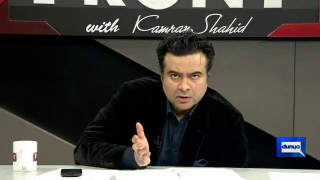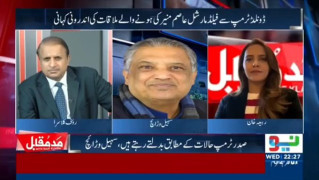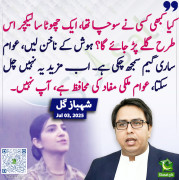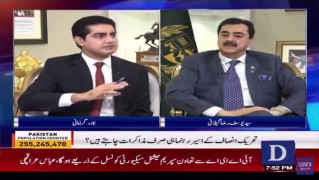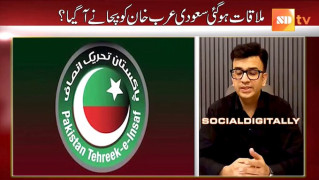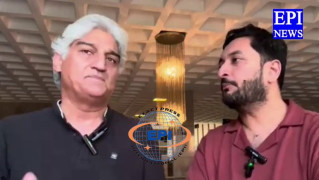RiazHaq
Senator (1k+ posts)
Why was Indian journalist Gauri Lankesh murdered? Who killed her? Why are Modi's Hindu Nationalists supporters targeting public intellectuals and journalists critical of Indian government policies? Why has India joined the reporters without borders' list of the world's most dangerous countries for journalists? Why has Muslim become a "derogatory term" in the words of Indian journalist Anoo Bhuyan? How are anti-Muslim Hindutva trolls using the social media to spew hate and issue threats?
[TABLE="class: m_2113965706392302539gmail-tr-caption-container"]
[TR]
[TD]

[/TR]
[TR]
[TD="class: m_2113965706392302539gmail-tr-caption"]Murdered Indian Intellectuals Since 2014: Narendra Dabholkar, M.M. Kalburgi, Gauri Lankesh and Govind Pansare.
Photos: The Hindu, PTI[/TD]
[/TR]
[/TABLE]
Why did China allow BRICs Xian Summit declaration to mention some of the "terrorist" groups targeting India over Kashmir issue? Was this a mistake as claimed by some Chinese think tank analysts like Hu Shisheng of the China Institute of Contemporary International Relations? How will this impact China-Pakistan ties? Is this a success of Modi's campaign to slander and isolate Pakistan?
What is DACA and why did President Trump repeal it? Is it a wise decision from moral and economic viewpoint? Who will be most affected by it? Are there any Indians and Pakistanis among the DACA recipients? Will Congress act before DACA expiration to legalize the status of DACA beneficiaries?
Viewpoint From Overseas host Misbah Azam discusses these questions with analysts Ali H. Cemendtaur and Riaz Haq (www.riazhaq.com)
Source
Last edited by a moderator:


